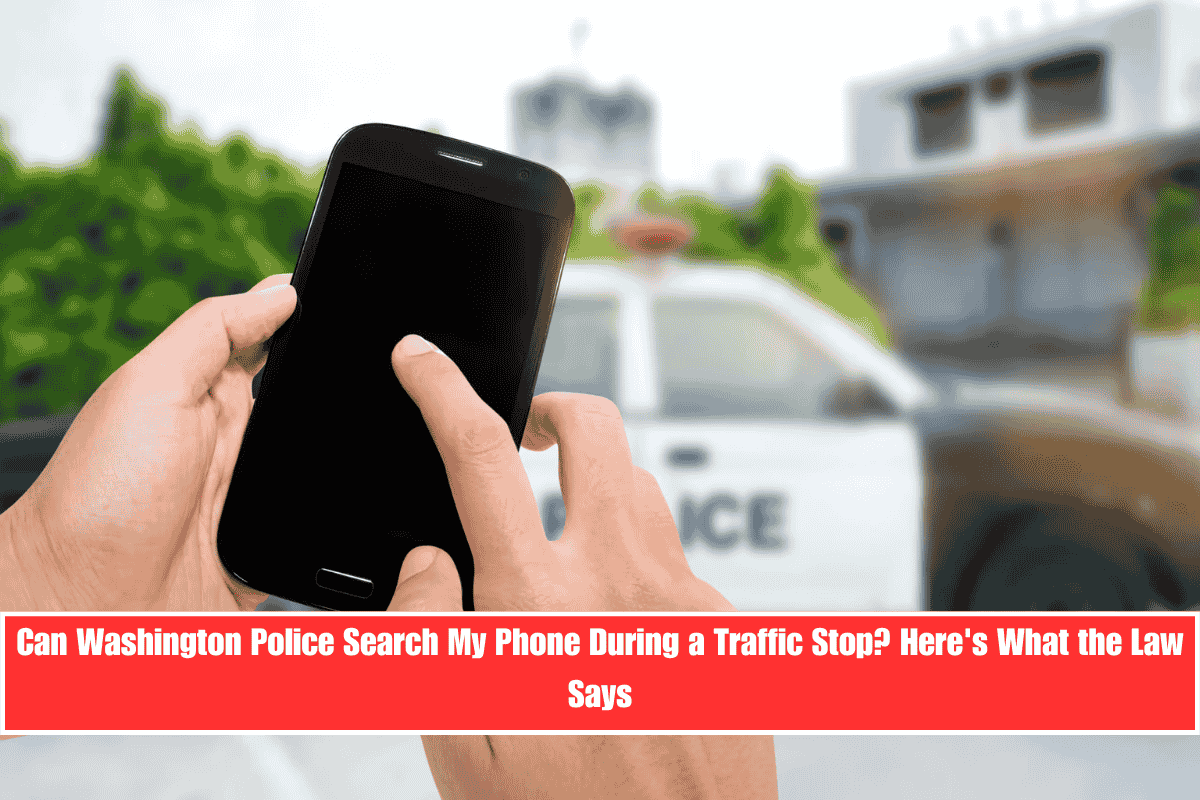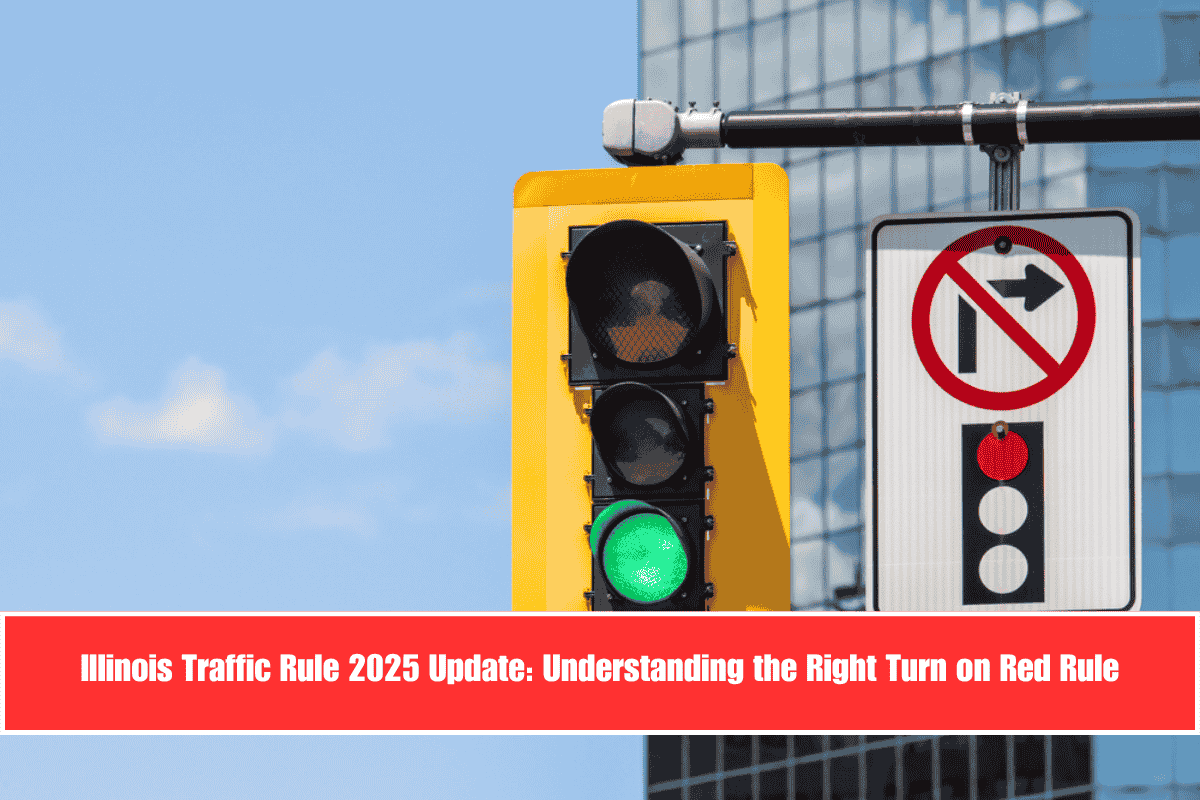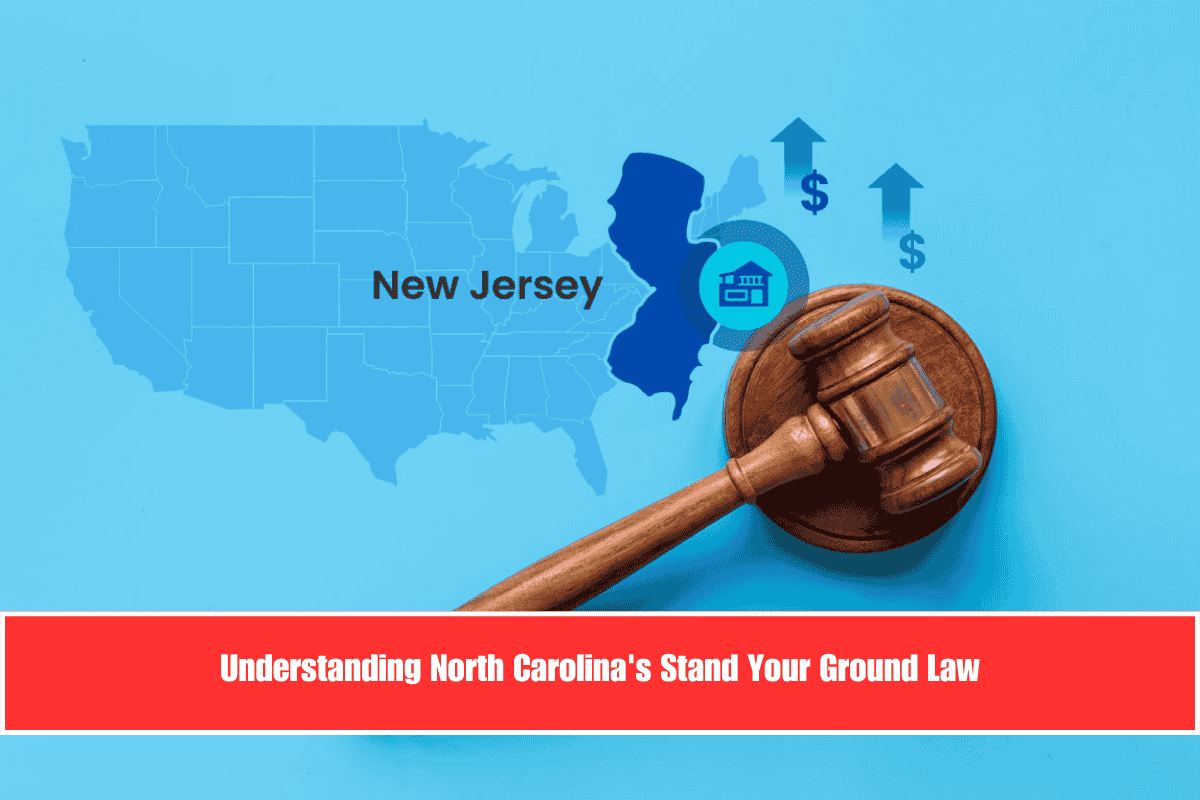Washington law provides strong privacy protections for your phone during a traffic stop. Police generally cannot search your phone without a warrant, unless a specific legal exception applies.
Key Rules
- Warrant Required: Police in Washington must obtain a search warrant to access your phone’s data during a traffic stop or any other encounter. This is protected by both the U.S. Constitution’s Fourth Amendment and the Washington State Constitution’s Article I, Section .
- Exceptions to the Warrant Rule:
- Consent: If you voluntarily give police permission, they can search your phone without a warrant. You have the right to refuse consent.
- Search Incident to Arrest: If you are arrested, police may search your person and immediate belongings, but recent court rulings have limited their ability to search digital data on your phone even in this context.
- Exigent Circumstances: In rare emergency situations-such as when evidence is at immediate risk of destruction-police may search your phone without a warrant.
- Abandonment: If you abandon your phone while fleeing, police may be able to search it without a warrant.
Recent Legal Developments
- State v. Samalia: Washington courts have reaffirmed that police cannot search a phone without a warrant or a valid legal exception, emphasizing the importance of digital privacy.
- Legislation: Washington requires a warrant for law enforcement use of certain surveillance technologies, such as Stingray devices, further reinforcing privacy protections.
- No Search Before Warrant: Law enforcement agencies in Washington are instructed not to search a phone until after a warrant has been issued, unless one of the narrow exceptions applies.
What Should You Do If Asked to Hand Over Your Phone?
- You have the right to say no. Unless police have a warrant or you are under arrest and a valid exception applies, you do not have to let them search your phone.
- If you believe your rights were violated, consult a legal professional as unlawfully obtained evidence may be challenged in court.
Table
| Situation | Can Police Search Your Phone? |
|---|---|
| Routine traffic stop | No, unless you consent or exception applies |
| With your consent | Yes |
| Incident to arrest | Rarely, and only under strict limits |
| Exigent/emergency circumstances | Possibly, but only in rare cases |
| With a search warrant | Yes |
During a traffic stop in Washington, police cannot search your phone without your consent, a warrant, or a rare legal exception. Your digital privacy is strongly protected under state law.
Sources
[1] https://www.waspc.org/assets/February%202025%20Legal%20Update%20Fnal%20.pdf
[2] https://mcaleerlaw.net/your-phone-as-evidence/
[3] https://www.superlawyers.com/resources/family-law/washington/digital-spying-in-washington-state/
[4] https://app.leg.wa.gov/rcw/default.aspx?cite=46.61&full=true
[5] https://www.aclu-wa.org/docs/traffic-safety-all-legislative-backgrounder-2025







